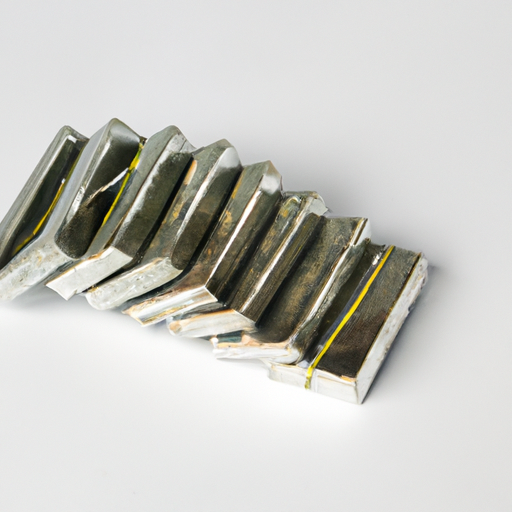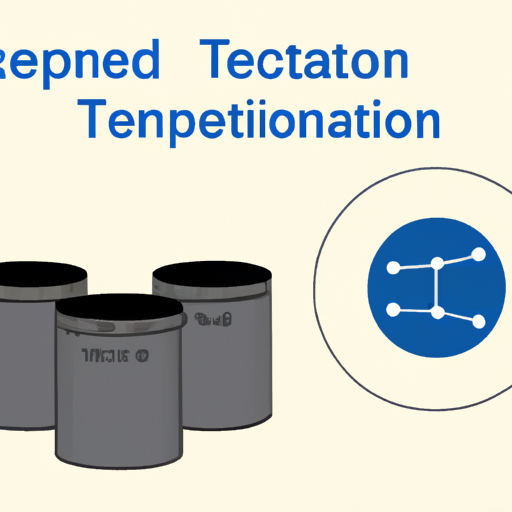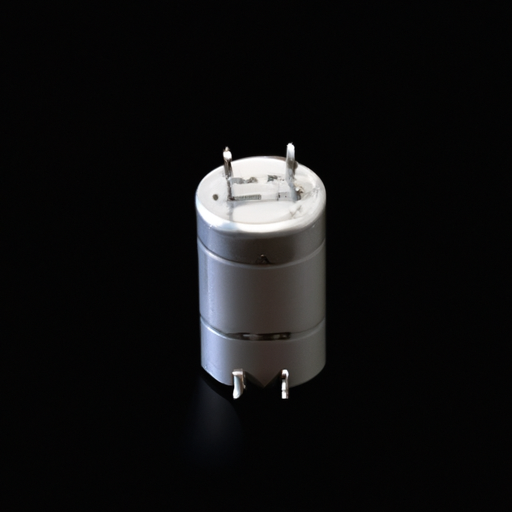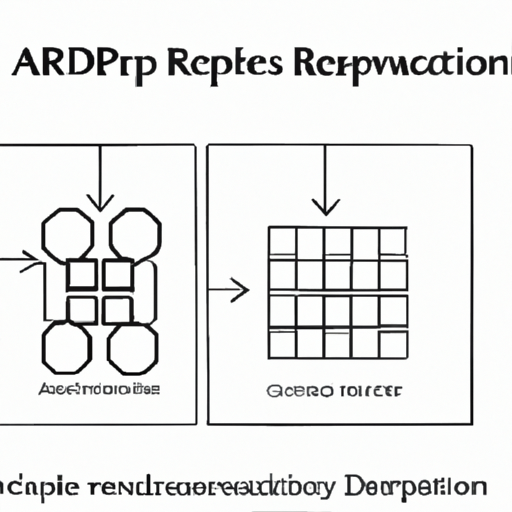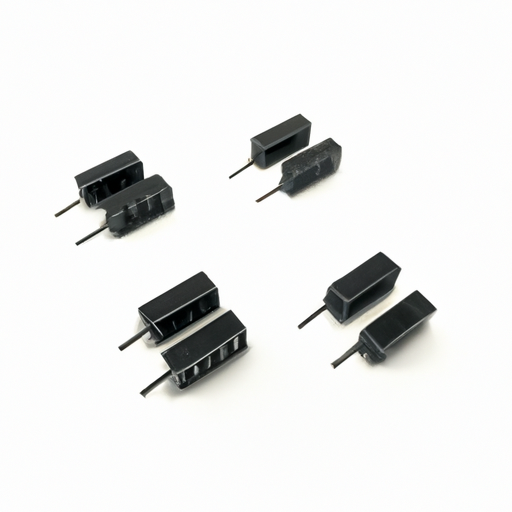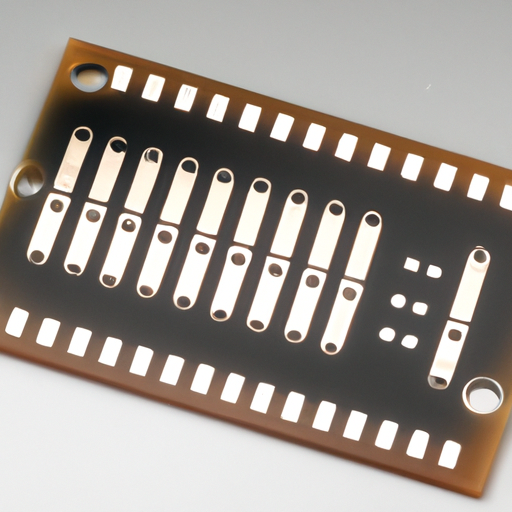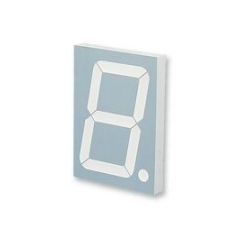What is the price of popular cement resistor models in stock?
What is the Price of Popular Cement Resistor Models in Stock?
I. Introduction
Cement resistors are a vital component in the world of electronics, known for their ability to handle high power levels and withstand harsh conditions. These resistors are typically used in applications where reliability and thermal stability are paramount. In this article, we will explore the various models of cement resistors available in the market, their prices, and the factors that influence these prices. By the end, you will have a comprehensive understanding of popular cement resistor models and where to find them.
II. Overview of Cement Resistors
A. Composition and Construction
Cement resistors are constructed using a combination of resistive materials and a cement-like binder. The resistive element is usually made from a metal oxide or carbon composition, which is then encased in a ceramic or cement material. This construction provides excellent thermal management and durability.
1. Materials Used
The primary materials used in cement resistors include:
Metal Oxides: Commonly used for their stability and high-temperature performance.
Carbon Composition: Offers good thermal stability and is often used in high-power applications.
Cement Binder: Provides structural integrity and thermal insulation.
2. Manufacturing Process
The manufacturing process involves mixing the resistive materials with the cement binder, shaping the mixture into the desired form, and then curing it to achieve the final product. This process ensures that the resistors can withstand high temperatures and mechanical stress.
B. Characteristics and Benefits
Cement resistors are known for several key characteristics that make them suitable for various applications:
1. High Power Rating
Cement resistors can handle significant power levels, making them ideal for high-current applications. They are often used in power electronics, where heat dissipation is critical.
2. Thermal Stability
These resistors maintain their performance over a wide temperature range, ensuring consistent operation even in extreme conditions.
3. Durability and Reliability
Cement resistors are designed to withstand mechanical stress and environmental factors, making them a reliable choice for industrial and commercial applications.
C. Common Applications
Cement resistors are widely used in various fields, including:
1. Power Electronics
In power supply circuits, cement resistors help manage voltage and current levels, ensuring stable operation.
2. Audio Equipment
They are often used in audio amplifiers to control signal levels and prevent distortion.
3. Industrial Machinery
Cement resistors are employed in heavy machinery to manage power loads and protect sensitive components.
III. Popular Cement Resistor Models
A. Overview of Leading Brands
Several brands dominate the cement resistor market, known for their quality and reliability:
1. Vishay
Vishay is a well-respected manufacturer of electronic components, including cement resistors. Their products are known for high performance and durability.
2. Ohmite
Ohmite specializes in resistive products and offers a wide range of cement resistors suitable for various applications.
3. TE Connectivity
TE Connectivity provides a variety of electronic components, including cement resistors, known for their innovative designs and reliability.
B. Detailed Analysis of Popular Models
1. Vishay MRS Series
Specifications: The MRS series features a power rating of up to 50 watts, with resistance values ranging from 1 ohm to 1 M ohm. They are designed for high-temperature applications and have a tolerance of ±5%.
Price Range: Prices for Vishay MRS series resistors typically range from $1.50 to $5.00 per unit, depending on the specifications.
2. Ohmite C Series
Specifications: The C series offers power ratings from 5 watts to 100 watts, with resistance values from 0.1 ohm to 1 M ohm. These resistors are known for their excellent thermal performance.
Price Range: Ohmite C series resistors are priced between $2.00 and $6.00 per unit.
3. TE Connectivity R Series
Specifications: The R series features a power rating of up to 25 watts, with resistance values ranging from 1 ohm to 10 M ohm. They are designed for high reliability in demanding environments.
Price Range: Prices for TE Connectivity R series resistors range from $1.75 to $4.50 per unit.
4. Other Notable Models
Manufacturer A: Offers a range of cement resistors with competitive pricing, typically between $1.00 and $5.00.
Manufacturer B: Known for high-performance resistors, with prices ranging from $2.50 to $7.00.
IV. Factors Influencing the Price of Cement Resistors
Several factors contribute to the pricing of cement resistors:
A. Material Costs
The cost of raw materials, such as metal oxides and carbon, can significantly impact the final price of cement resistors.
B. Manufacturing Techniques
Advanced manufacturing processes that enhance performance and reliability may lead to higher prices.
C. Market Demand and Supply
Fluctuations in demand for electronic components can affect pricing. High demand often leads to increased prices, while oversupply can drive prices down.
D. Brand Reputation
Established brands with a reputation for quality may charge a premium for their products compared to lesser-known manufacturers.
E. Distribution Channels
The choice of distribution channels, whether online or through local retailers, can also influence pricing due to shipping costs and retailer markups.
V. Price Comparison of Popular Models
A. Price Ranges for Different Models
The price ranges for popular cement resistor models vary based on specifications and brand. Generally, prices range from $1.00 to $7.00 per unit.
B. Comparison of Prices Across Different Retailers
Prices can differ significantly between retailers. For example, online platforms like Amazon and Digi-Key may offer competitive pricing, while local electronics stores may have higher prices due to overhead costs.
C. Analysis of Price Trends Over Time
Historically, the prices of cement resistors have shown a gradual increase due to rising material costs and demand for high-performance components. However, advancements in manufacturing techniques may lead to more competitive pricing in the future.
VI. Where to Buy Cement Resistors
A. Online Retailers
1. **Amazon**: A wide selection of cement resistors from various brands, often with competitive pricing.
2. **Digi-Key**: A reputable electronics distributor with a vast inventory of cement resistors and detailed specifications.
3. **Mouser Electronics**: Another leading distributor offering a range of cement resistors with reliable shipping options.
B. Local Electronics Stores
Local electronics stores may carry popular models, but prices may be higher than online retailers. It's worth checking for immediate availability.
C. Wholesale Distributors
For bulk purchases, wholesale distributors can offer significant discounts, making them an excellent option for businesses and large projects.
VII. Conclusion
In summary, cement resistors play a crucial role in various electronic applications, offering high power ratings, thermal stability, and durability. Popular models from brands like Vishay, Ohmite, and TE Connectivity provide reliable options for engineers and hobbyists alike. Understanding the factors that influence pricing, such as material costs and market demand, can help you make informed purchasing decisions. As technology advances, we can expect to see continued innovation in cement resistor design and pricing, making them an essential component in the ever-evolving world of electronics.
VIII. References
- Vishay Intertechnology, Inc. (2023). Product Catalog.
- Ohmite Manufacturing Company. (2023). Cement Resistors Overview.
- TE Connectivity Ltd. (2023). R Series Resistors Data Sheet.
- Digi-Key Electronics. (2023). Resistor Selection Guide.
- Mouser Electronics. (2023). Cement Resistors Product Listings.
This comprehensive overview of cement resistors and their pricing aims to equip you with the knowledge needed to select the right components for your electronic projects. Whether you're a seasoned engineer or a DIY enthusiast, understanding the market landscape will help you make the best choices for your needs.

